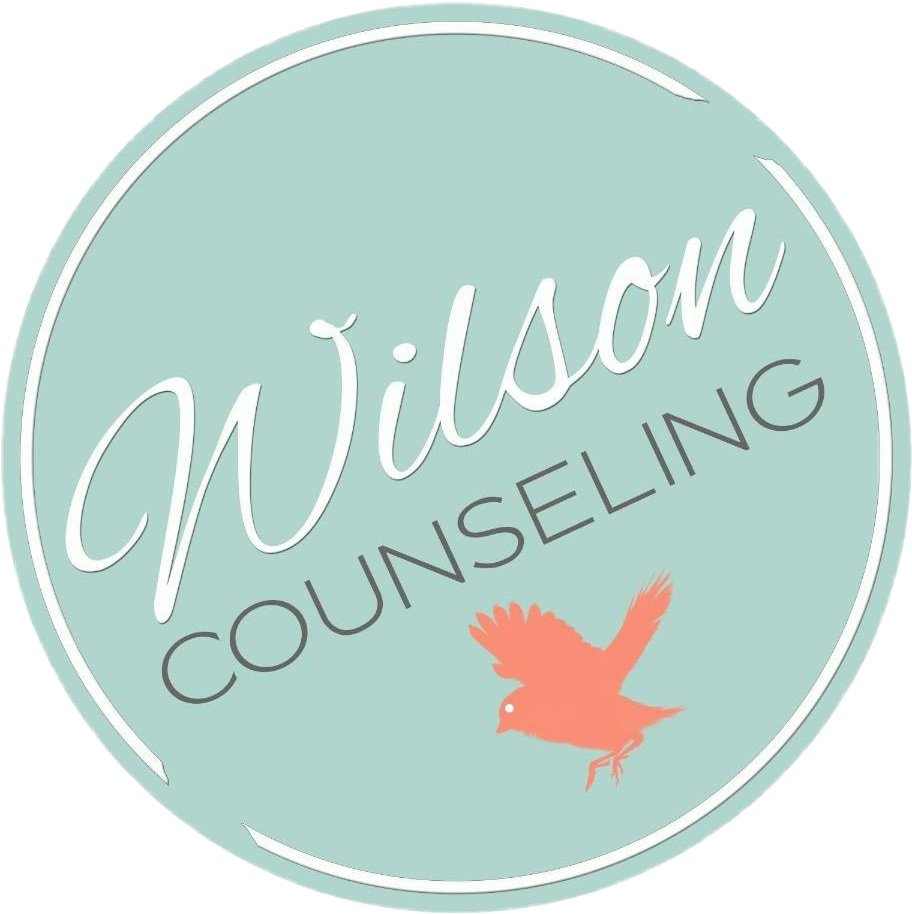53% of Americans report feeling burned out
A study by Indeed.com found that 53% percent of Americans report feeling burned out, and 67% of people think that feeling has become worse during the pandemic. I am actually surprised that figure is not higher. A lot of people I work with are dealing with burnout at work, but also in other areas of their lives.
If you are experiencing burnout, you probably don’t need a test to confirm that fact. You probably already know from your sense of exhaustion, dread, or even hopelessness, that something is off.
Three characteristics of burnout include:
Emotional exhaustion
You feel tired much of the day even if you get regular sleep at night.
You experience physical symptoms such as headaches and muscle pain.
You have an increase or decrease in appetite.
You lack motivation.
You may have lowered immunity and get sick more easily.
Cynicism
You struggle to feel hopeful about your work and your life.
Your outlook is often negative.
You feel trapped and struggle to see a way out of your situation.
You feel alone in your predicament and isolated from others.
Lack of professional efficacy
You feel like a failure and doubt yourself.
You feel like you keep working but can’t get the results you want.
You get less satisfaction from the things that used to give you joy.
You come into work late or leave early.
You procrastinate and have trouble getting things done.
Burnout is not a sign of failure
If you are feeling burned out, I want you to know that it is not a sign of failure. It can happen to anyone, and it is happening regularly to people all around us. We have a lot of responsibility on our plates, and it often feels as if we have very little control over our lives and our circumstances. Given that, and the pressure cooker of the pandemic, it’s a recipe for burnout.
There is something you can do about it, however. You can start to keep burnout at bay with the following tools:
Tools to manage burnout
*These tips are adapted from the Behaviorist Podcast episode on Burnout. It’s a great podcast which I would recommend you check out.
Practice loving yourself and caring for yourself on a daily basis. This means not only taking time out to do things that edify you but also knowing yourself well enough to know what works for you. A clarifying question to ask yourself is “if I value myself, what would I do here?” Then be willing to give yourself permission to do that thing. You are worth it, and you can not be emotionally healthy if you don’t take care of yourself.
Allow yourself to disappoint people. Trying to please everyone is a good way to burn out. It is like burning the candle at both ends. And frankly, you are never going to please everyone, so don’t bother. Instead, think about who you are willing to disappoint, and who it feels important to prioritize. Be strategic about this. Think about your needs and what you need to get out of a relationship. This may sound selfish, but it is really being authentic to your values and priorities.
Set appropriate expectations. Trust me that this is a skill you can learn. Most people are bad at this until they practice setting expectations with others. You have to be willing to disappoint people in order to set appropriate expectations. Otherwise, you will be saying yes even when you can’t deliver, or you deliver, but you are worn out as a result. Learn to proactively tell people what you expect of them and what you expect of yourself. They may not like your expectations, but at least it will cut down on misunderstandings and missed expectations.
Take time to be still and engage in contemplation. This could include activities such as journaling, meditation, or coaching. Take stock of where you are and notice the behaviors that led you to feel burnout. Do this without judgment, if possible but just as an observer or researcher noticing what is going on. What you learn about yourself will help you reorder your life and hopefully engage in more life-giving activities.
Let people help you. Even if you are an independent and self-sufficient person, it is impossible to do everything yourself and still be a healthy person. A lot of successful and high-achieving people will experience burnout because they push themselves too hard and don’t ask for help. Learn to delegate, hire out, and reach out to your support system. Ask yourself, “Who could be of help to me in this situation?” There is no shame in delegating workload, and you may just find you enjoy the activities of your day more if you don’t feel like you have to do everything yourself.
What are your next actions steps? Adopt one or two of the tips. Don’t feel like you have to do everything at once. If you only feel enough motivation to pick one thing on this list, then do that. When you start to feel a little better, pick another thing on the list and do that.
Reassess several times per year. Do regular check-ins with yourself so you know when you are getting worn out and may need to make changes in your life.
If you are struggling with burnout and would like to talk to a professional therapist, contact us online to schedule an appointment with an anxiety therapist or call 713-565-0922 to ask questions about how we can help.







